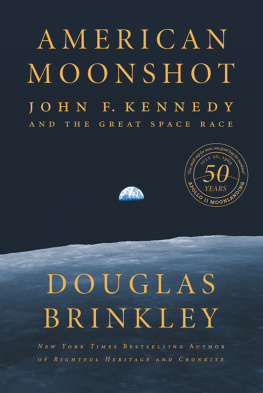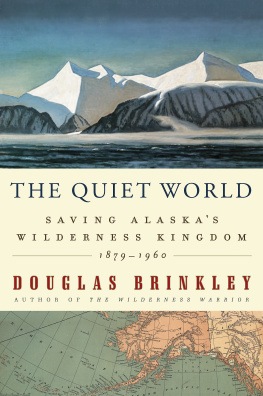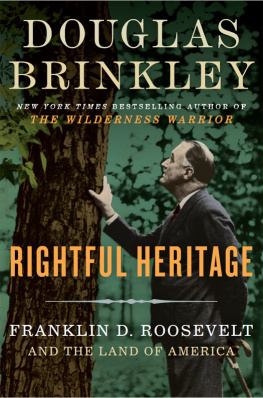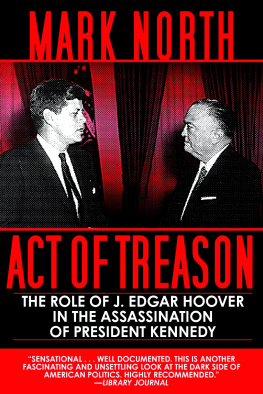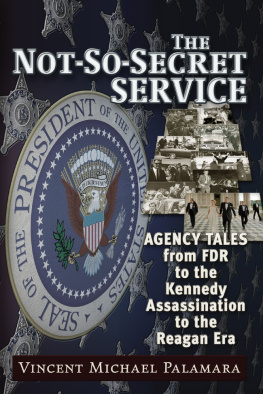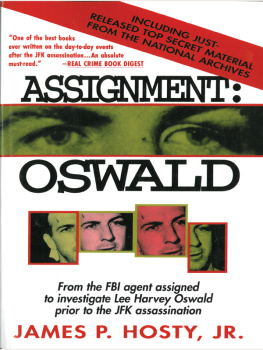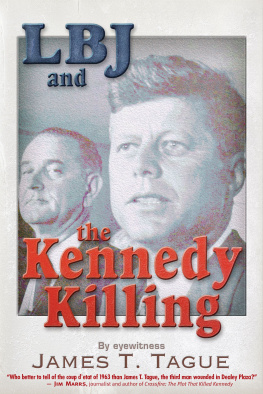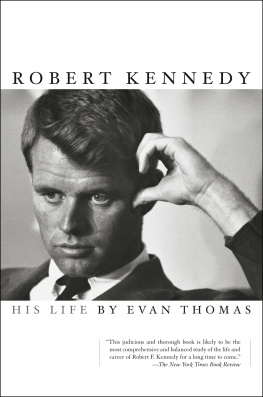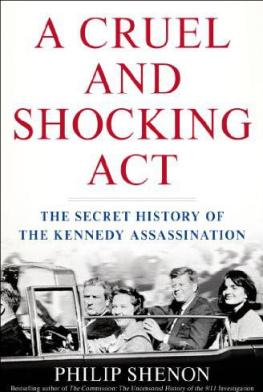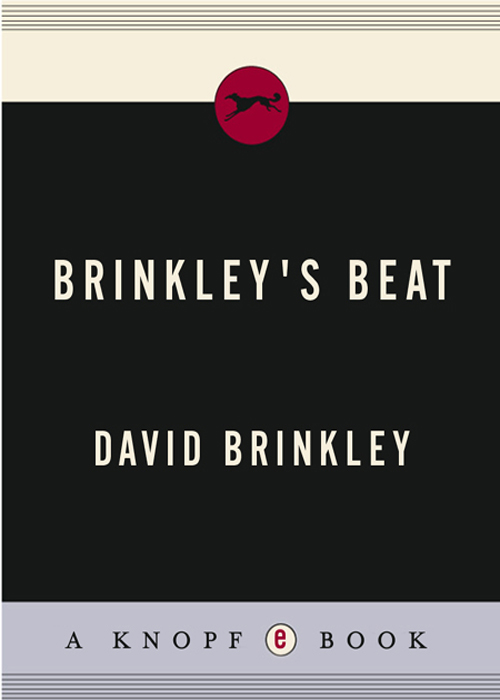
BRINKLEYS
BEAT

People, Places, and Events
That Shaped My Time
DAVID
BRINKLEY

Alfred A. Knopf New York 2003
Contents
To my grandchildren:
Katie, Elly, Charlotte, Maeve,
and those to come
Acknowledgments
The people I should really thank for helping me with this book are all the wonderful men and women who worked with me over the years at NBC and ABC and made it possible for me to cover the stories that Ive tried to recall here. But there are too many of them to list, so Ill thank by name just a few who helped me with the book itself. Thad Russell and Lynn Robeson did wonderful research, which was invaluable in helping compensate for my own selective memory. My agent, Peter Matson, helped me get started on this project, and my editor at Knopf, Ash Green, was, as always, a patient, perceptive, and supportive partner. My childrenAlan, Joel, John, and Alexisall talked with me about some of the things I describe in the book and helped me reconstruct events they too witnessed or heard about. My wife, Susan, was, as she has always been, my greatest helper and supporter.
Preface
Here I am. I am sitting on a hard bench in the county recorders courtroom in Wilmington, North Carolina, in about 1938, where I am a junior reporter, waiting in the thin, pale hope that something, anything happening here in court this morning might be worth a few lines I can write for that afternoons Star-News. Usually, nothing here is any more interesting or picturesque than the case being considered today: a defendant, a retired carpenter, being tried on charges of public drunkenness and urinating on the sidewalk. Nevertheless, the courtroom is crowded this and every morning with older and middle-aged men, nearly all of them dressed in cotton pants and white shirts buttoned up to the neck with no necktie, here five days a week for the mornings free entertainment. While they waited, many of them lit Hav-A-Tampa nickel cigars, pulled them out of their wrapping, tied the cellophane in a knot, and threw it toward the county-issue brass spittoon, nearly always missing. The retired carpenter was found guilty of public drunkenness and indecent exposure and sentenced to a week on the county farm a mile or two outside of town, where nondangerous prisoners were held; they were required to serve their sentences doing farm work, their produce, mostly cabbage, being used to feed the inmates.
This was a more or less normal days work for the judge, known as the recorder in ancient English terminology, and his was the first hearing for petty criminals and routine drunks and violators of the traffic rules, mostly the speed limits. Only once did one of these make a few lines in my newspaper. A man was accused of driving sixty-five miles an hour on the Carolina Beach Road where the speed limit was fifty. He pleaded not guilty, saying his car, a ten-year-old Essex, would not even go sixty-five, and so he could not be guilty. The only witness was a motorcycle policeman who said he clocked him at sixty-five. The judgemainly out of boredom, I thoughtcalled for some kind of evidence. Would anyone in the court volunteer to drive the Essex while the policeman followed him on his motorcycle and carefully clocked his speed? Nobody else volunteered and so I did, seeing an amusing little story. I drove out the same road and pushed the Essex to its limit while the policeman followed on his motorcycle. When the Essex, groaning and straining and rattling, passed seventy-five miles an hour, the policeman signaled with his headlight that the test was done and we returned to court. It cost the defendant a fifteen-dollar fine. It cost me a stern lecture from Lamont Smith, the papers editor, that it was a neat little story but even so my job was to report the news, not to make it.
When people ask me how I got started in journalism, I often tell them about the story that got me my first job on the Star-News. I was hanging around the paper as a stringer, and I answered the phone to hear a woman on North Fifth Street bubbling with what she thought was news. I have a century plant my grandfather bought long ago and its going to bloom Tuesday night and I thought the paper would like to know about it. A century plant is a lily that blooms at intervals of between five and a hundred years, according to the encyclopedia I had at the time, but no one I knew had ever seen one. I put a one-inch item in the paper quoting her. The woman was soon flooded with phone calls from local residents asking if they could come to see this great event, a century plant in bloom, and so on.
When Tuesday night arrived, North Fifth Street was choked with traffic. Vendors were selling orange and grape Popsicles for the children. People on the street complained of the strangers at their doors asking to use their bathrooms. The fire department sent a truck with a floodlight to light up the street. The century plant, meanwhile, sat on the front porch in a ceramic pot, looking like a small broom handle with no branches and no leaves. I watched all this and wondered who would be blamed when it turned out nothing happened. Nothing did, but no one seemed to care. They were having too good a time enjoying the carnival that this nonevent had created. Or at least almost no one cared. A short, gray-haired man in khaki pants and a blue work shirt, a flat Prince Albert pipe tobacco can in the breast pocket, said to nobody in particular, Look at all the trash theyre leaving in the street. Popsicle sticks all over! The city has to clean this up! Whats all this mess costing the taxpayers? He was still carrying on when I left for the office. I turned in a story not about the century plant, but about the madness on North Fifth Street. Lamont Smith liked it enough to give me a full-time job.
I like to tell that story because it seems to me to illustrate something that characterized my career in journalism. One of the words people often used to describe me when I first became well known in the late 1950s was wry, not a word much used anymoreor even then. Its literal definition is lopsided, misdirected, ironic, or humorous. I suppose I was sometimes all those things. I was always attracted to the comical, even the ridiculous. And although much of what I covered over the years was serious, and even tragic, I tried never to lose sight of the pretension and folly that was always there, even in the gravest situations. In the troubled times in which I have finished this book, I think its still important to be a little detached, to keep an eye out for the foolish and the ridiculous, and to avoid accepting everything at face value. Thats what most of the stories in this book try to do, and its part of what I tried to do during my more than fifty years in broadcasting.
PEOPLE

Theodore Bilbo
I arrived in Washington in 1943, when the city was fast becoming a crowded, bustling war capitalfilled with clerks and businessmen and diplomats and exiled foreign leaders. But my life was pretty simple: riding the segregated trolleys downtown to work at the NBC offices in the old Trans-Lux building on Fourteenth Street; living in rented rooms in private housesthe only housing available at any priceand having to deal with cranky landlords and landladies who constantly posted on the walls new rules of behavior and reminders of the need for neatness in the bathrooms. I had come to Washington from the South, and despite the new bustle, it had a very familiar feeling. It was sleepy, often slow-moving, inbred, and thoroughly segregated.
Next page

